Home Inspection Red Flags: What Buyers Shouldn't Ignore When Buying Homes in Locust Grove

Home Inspection Red Flags: What Buyers Shouldn't Ignore When Buying Homes in Locust Grove
Buying a home is exciting—especially if it's your first time. You’ve toured the properties, imagined where the couch will go, and maybe even started browsing Pinterest for paint colors. But once your offer is accepted and it’s time for the home inspection, things can get real, fast.
Inspections are meant to uncover the truth behind the pretty exterior—things you can’t see during a showing. And while no home is perfect (yes, even new ones!), there are certain inspection issues that should give you serious pause before moving forward.
As a Locust Grove REALTOR ® who’s helped countless home buyers navigate this exact stage, I’m here to break it all down. In this post, we’ll walk through the home inspection repair items you should always pay attention to—so you can make an informed decision and avoid costly surprises down the road.
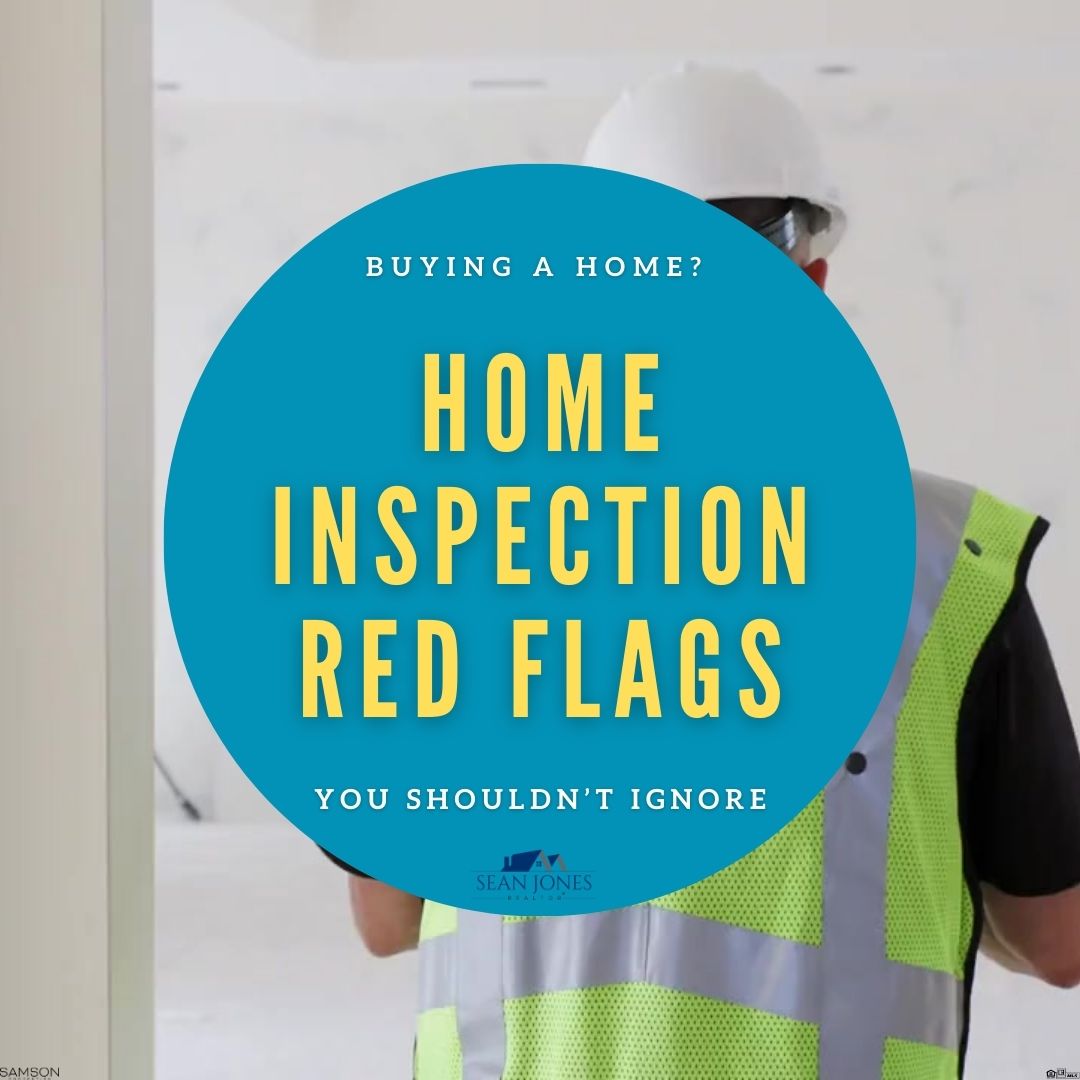
Why Home Inspections Matter More Than You Think
A home inspection is one of the most critical steps in the buying process. It’s your chance to take a closer look at the condition of the home and negotiate repairs—or even walk away if needed. A home inspection occurs after you are in a contract with the home seller. Buyers will hire a home inspector to look over the property and examine the condition of the home. While some issues are cosmetic or minor, others may be expensive to fix, unsafe, or a sign of deeper problems. Your inspector will provide a full report, but knowing what to look for and prioritize can save you time, money, and stress.
Foundation and Structural Issues
The foundation is literally what the house is built on. Cracks, shifting, or signs of settling can be a major red flag—and a major expense.
Be on alert for:
- Horizontal or stair-step cracks in the basement walls
- Sloping floors
- Doors and windows that stick or don’t close properly
- Evidence of previous foundation repairs
❓ Why it matters: Structural repairs can cost thousands and may require engineering inspections. If there are concerns about the foundation of the home, often buyers and sellers will agree to a deeper inspection completed by a structural engineer. This additional inspection can give buyers the information they need to continue with the purchase of the home.
Electrical System Deficiencies
Outdated or unsafe electrical systems are more common than you might think—especially in older homes in and around Locust Grove. This isn’t just about convenience—it’s about safety.
Look for:
- Aluminum wiring (common in the 60s and 70s)
- Federal Pacific or Zinsco panels (known to be fire hazards)
- Exposed or spliced wires
- Insufficient outlets or signs of overloading
❓ Why it matters: Rewiring a home or replacing the panel can be costly, and electrical issues pose a real fire risk.
Roof Age and Condition
Replacing a roof isn’t cheap—and it’s one of the most common big-ticket issues that show up in inspections.
Your inspector will check for:
- Missing, curling, or damaged shingles
- Signs of water intrusion in the attic
- Moss or algae growth
- Poor flashing around chimneys and vents
❓ Why it matters: If the roof is near the end of its lifespan, you may want to negotiate for repairs or replacements—or factor the cost into your offer.
Plumbing Problems
Water damage is a silent killer in real estate. Small leaks can lead to mold, rot, and expensive structural repairs if ignored.
Pay attention to:
- Low water pressure
- Leaky or corroded pipes
- Evidence of past water damage
- Outdated piping materials (like galvanized steel or polybutylene)
❓Why it matters: Plumbing issues can spiral quickly, and replacing pipes isn’t always straightforward—especially in two-story homes or older properties.
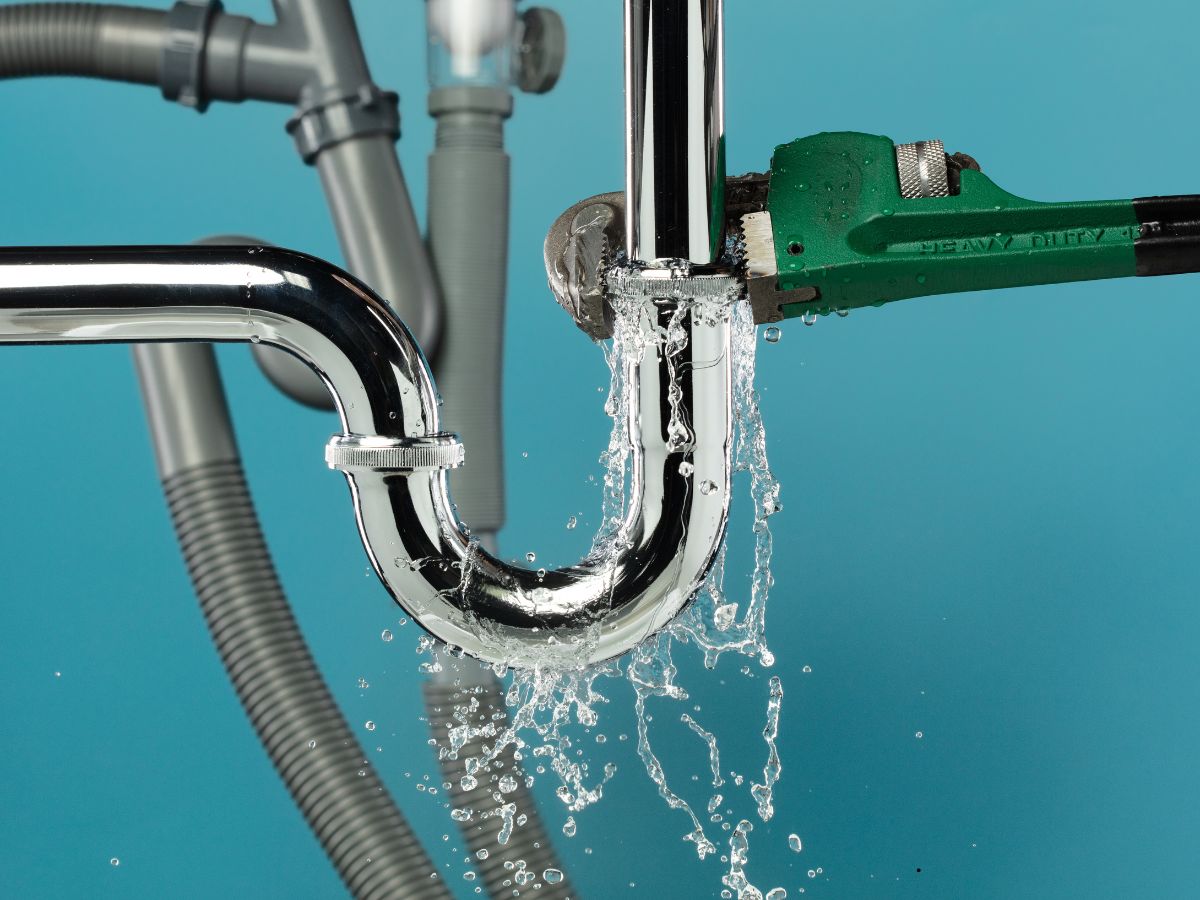
HVAC System Condition
You want your future home to be comfortable year-round, so don’t overlook the heating and cooling systems. HVAC replacements are among the most expensive repairs you could face.
Ask:
- How old is the system?
- Does it heat and cool properly?
- Are there signs of poor maintenance?
- What’s the energy efficiency rating?
❓ Why it matters: Older systems may be inefficient or prone to breakdowns—and in Virginia’s climate, reliable heating and cooling is a must.
Mold and Moisture Issues
Mold isn’t just unsightly—it can be hazardous to your health. Moisture problems are usually a symptom of poor ventilation, leaks, or drainage issues.
Be cautious if the inspector notes:
- Musty smells in basements or crawlspaces
- Visible mold on walls, ceilings, or in the attic
- High humidity or damp insulation
- Signs of water pooling near the foundation
❓ Why it matters: Mold remediation can cost thousands and may require removing walls or flooring. Always get a mold specialist’s opinion if it’s flagged.
Termites and Pest Damage
Termite damage is common in Virginia, and homes in Locust Grove are no exception—especially those near wooded areas. Even if you don’t see pests, the damage they leave behind can compromise your investment.
In Virginia, the pest inspection is a separate evaluation (not part of the home inspection) completed by a pest specialist during the same home sale contingency window as a home inspection.
Your inspection should check for:
- Hollow-sounding wood or sagging floors
- Mud tubes on the foundation
- Damaged wood trim or window sills
- A history of pest control treatments
❓Why it matters: Structural damage from pests is expensive to fix—and can affect the resale value of the home.
Windows, Doors, and Insulation
This might not seem like a dealbreaker, but drafty windows, poor insulation, and warped doors can lead to high utility bills and comfort issues.
Consider asking:
- Are the windows double-paned and sealed properly?
- Do the doors close smoothly?
- Is there adequate attic and wall insulation?
❓ Why it matters: These issues aren’t as dramatic, but they can affect your comfort, your budget, and your energy usage.
When to Renegotiate vs. Walk Away
Not every inspection report is a deal killer. In fact, some of the items above can be addressed with the seller—or factored into your offer price. The key is knowing which issues are normal, which are negotiable, and which are non-starters.
Here’s a quick cheat sheet for first-time home buyers:
✅ Negotiable Repairs:
- Missing handrails
- Peeling paint
- Loose toilets or faucets
- Minor HVAC tune-ups
❌ Major Red Flags:
- Foundation cracks
- Active roof leaks
- Electrical fire hazards
- Major plumbing or drainage issues
- Mold infestations
- Termite damage
☑️ Pro Tip: Always review your inspection report with your real estate agent. A great agent will help you prioritize what to ask for, what to negotiate, and when it’s time to walk away.
Final Thoughts: Inspections Are Protection
Think of your home inspection as a guide, not a list of demands. It’s there to help you make a smart investment—and avoid nasty surprises after closing. As a Locust Grove REALTOR ®, my job is to help you feel confident, informed, and protected throughout the process. And that includes knowing which home inspection items matter most.
📞 Let’s Talk Before You Buy
If you're buying your first home (or your next one) in Locust Grove or surrounding areas, I’d love to guide you through it. From scheduling inspections to negotiating repairs, I am here to help. Feel free to contact me- 540-360-5166 - to discuss how I can best help you!
Categories
Recent Posts


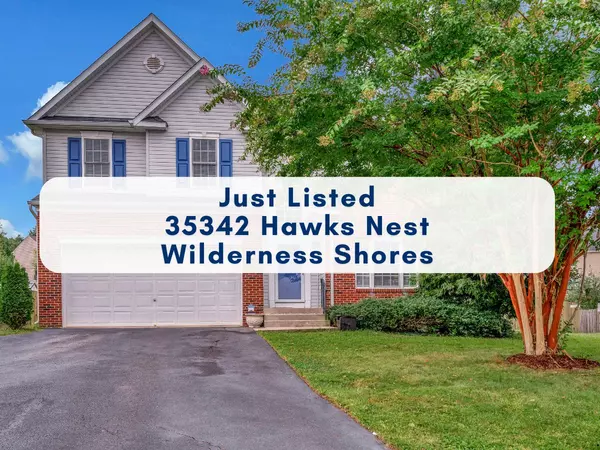
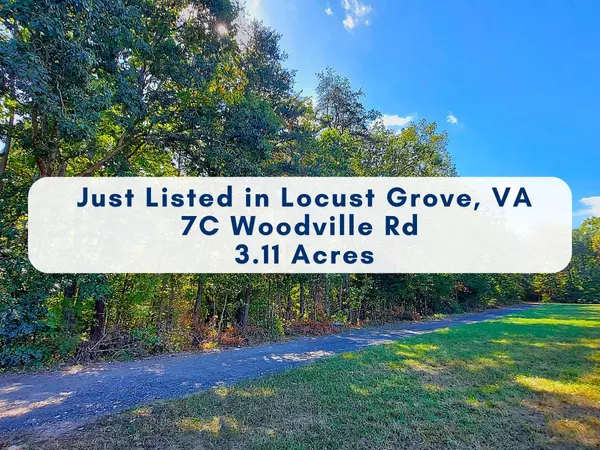
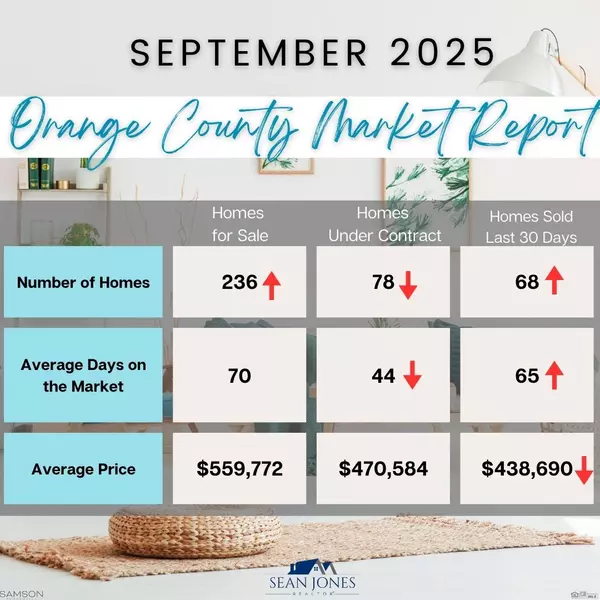

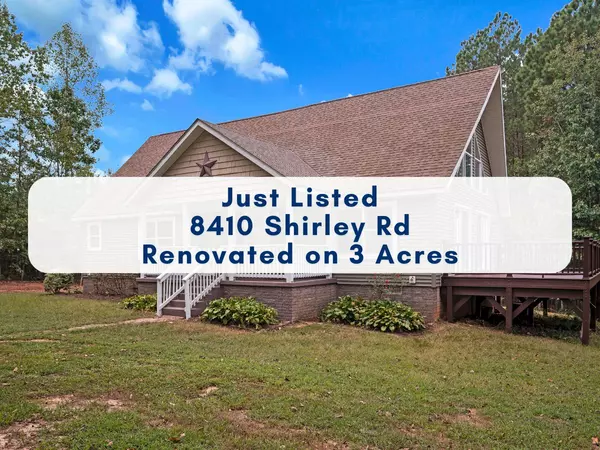
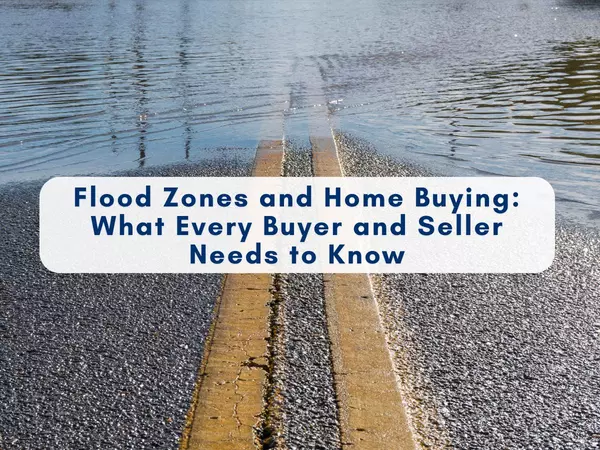

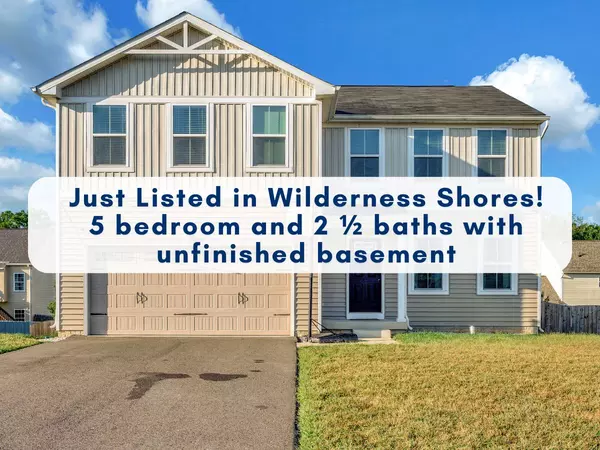

Buying a home isn’t just a financial decision—it’s a deeply personal journey filled with hopes, dreams, and big life changes. That’s why choosing the right real estate professional is one of the most important steps you can take.
A knowledgeable and experienced REALTOR® does more than open doors and write offers. They’re your advocate, your problem-solver, and your steady guide through what can sometimes feel like an overwhelming process. Whether it's navigating a competitive market, negotiating on your behalf, or keeping things on track behind the scenes, the right agent is there to protect your interests every step of the way.
In the end, buying a home should be an empowering experience. With the right person by your side—someone who brings both expertise and heart—you can move forward with confidence, knowing you're in good hands with Sean Jones.
GET MORE INFORMATION
